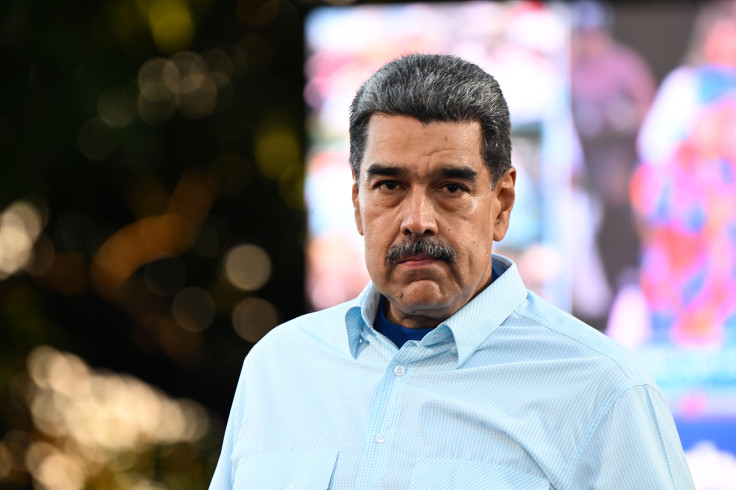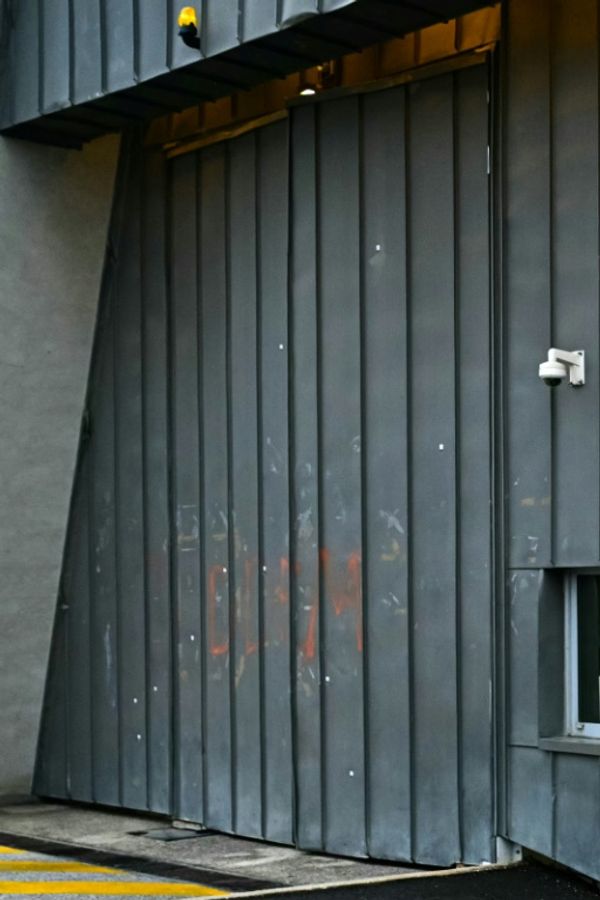
Chilean authorities have concluded that the assassination of a Venezuelan dissident was ordered by the country's authoritarian president, Nicolás Maduro.
The dissident in question was Ronald Ojeda, a former military member who had been granted asylum in Chile after opposing Maduro and allegedly participating in efforts to overthrow him. He was abducted last February when men dressed as Chilean police officers broke into his apartment, seized him in front of his wife and child at 3 a.m., and took him away. Nine days later his body was discovered inside a suitcase buried beneath nearly five feet of concrete, with quicklime used to accelerate decomposition.
Ojeda had been arrested by the Maduro regime in 2017. Back then, he was accused along with three other military members of being involved in "conspiratorial acts and the planning of terrorist actions." They were formally accused of rebellion, mutiny and treason. He escaped in November 2017 while being transported and, once safe, said he had been subjected to torture while in prison. He left for Chile shortly after and has been advocating against Maduro ever since. The Chilean government granted him political asylum in 2023.
Chilean prosecutors concluded that members of Tren de Aragua, a Venezuelan-born criminal organization, were hired to carry out the killing. Statements from three witnesses claim that the order to assassinate Ojeda came directly from Venezuela's interior minister, Diosdado Cabello, a close ally of Maduro. Authorities dismissed other possible motives such as gang violence or extortion, and concluded that political assassination was the most probable explanation, even if they stopped short of declaring the case fully proven.
Venezuela has rejected the accusations. Cabello has dismissed them as implausible, while Venezuela's attorney general, Tarek William Saab, claimed the killing was a false-flag operation orchestrated by Chile.
Chilean prosecutors have charged 19 individuals in connection with Ojeda's murder, including those responsible for planning, executing, and concealing the crime. Court documents reviewed by investigators indicate that Tren de Aragua members communicated about the operation via WhatsApp, discussing payment, acquiring police uniforms, and using a falsified warrant.
Ojeda's killing has heightened concerns among Venezuelan dissidents worldwide, many of whom have fled their home country fearing persecution. Some have reported increased threats and surveillance, particularly in Latin America, where Venezuelan intelligence agents are believed to be active.
The Chilean government has condemned the killing and, in response to Venezuela's denials, has expelled diplomats and cut consular ties. President Gabriel Boric stated that if the allegations are proven, the murder would constitute a violation of Chile's sovereignty and human rights.
The case has also drawn attention in the United States, where the Trump administration has been engaging with Maduro's government over deportations. Special envoy Richard Grenell recently met with Maduro in Caracas to discuss the return of Venezuelan migrants, including suspected members of Tren de Aragua detained in the U.S. While the White House has emphasized that this does not indicate formal recognition of Maduro's government, Venezuela has characterized the meeting as a potential step toward improving bilateral relations.
U.S. officials have announced that deportation flights to Venezuela will begin soon, raising concerns among some observers who argue that repatriated individuals could face persecution or worse upon return. Hundreds of thousands of Venezuelans could be at risk of deportation after the Department of Homeland Security revoked their Temporary Protected Status (TPS) last week. Some 350,000 nationals will stop being covered by TPS as of April.
© 2025 Latin Times. All rights reserved. Do not reproduce without permission.









